Garden Bed Knowledge-Horticultural Oil Spray
You may have heard of gardening oil spray, but what is it? This is a natural pest control that can control pests and diseases in your garden or raised garden bed, whether they are on your landscape plants, food plants or fruit trees. There are many different types of oils, and if you do not know the difference between them, it may be difficult to ensure that the correct oil is used.
Some oils can be used all year round, while others can be used at some time of the year, such as summer oil or dormant oil. If you are an organic gardener, you will not be able to use every kind of oil, because the processing method of some of the oils does not qualify them as organic oils. Some plants are sensitive to garden oils, so you need to be careful.
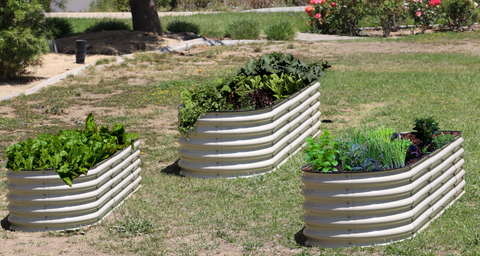
Every insect control method has its own precautions, but that doesn't mean you can't use them! Garden oil sprays are effective and easy to use because they do not require any tools other than spray, which you may already have. If you add a variety of oils to the insect control cabinet, you can take care of common garden pests all year round! Let's take a closer look at what this spray can do and how to use it in the garden.
What is gardening oil mist?
Horticultural oil spray is a naturally derived product used to control diseases and pests. It is more useful when applied to pests, but it is good for disease prevention. It's very easy to apply it to your plants - all you need is to spray it! Depending on the quality and type of oil you purchase, you can use it as an organic pest control method to ensure your plant safety.
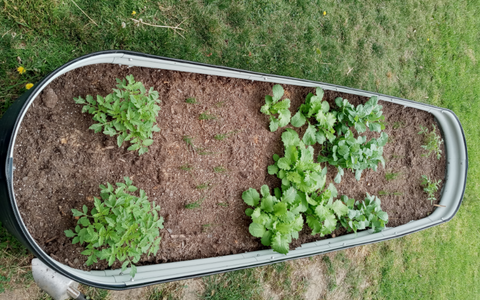
Not all garden oils are equal, so we will study each type so that you can determine which type is suitable for your plant.
Kinds of gardening oil
These are the main types of garden oils you can find in most garden centers. Each function is somewhat different, so you need to ensure that you have the right function to achieve the desired purpose.
Non selective oil
All garden oils are non selective, which means they will kill any kind of pest, including some types of beneficial insects. Chemical pesticides may be selective and may not affect beneficial insects, but this is not the case for natural products such as horticultural oils! On the positive side, most of the affected beneficial insects are predatory, which means they move regularly. At the right time, you can spray plants without harming good people.
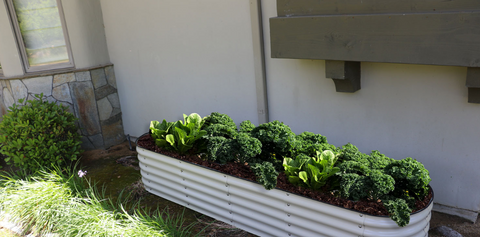
Horticultural oils control pests by asphyxiation. If an insect is sprayed on the plant, it will be covered and die. You can avoid harming beneficial insects by spraying in the morning or evening when the pollinator does not come out. Oil spraying can also suffocate insect eggs and destroy the feeding of insects, resulting in a decrease in the number of small animals.
Premium oil
Just because they are called premium oils doesn't mean they are the best, but hey, they may be! High quality oil is light in weight, highly refined and sulfur free. Today, most oils are considered superior, so you may eventually get this oil.
Summer oil, which we will discuss later, is a high-quality oil that can be used when plants are in full bloom and have all their leaves. Because oil is highly refined, you don't have to worry about burning vegetable oil. Some oils can only be used when plants are dormant, so it is necessary to use summer oils when plants are growing.
Supreme essential oil
Supreme oil is not very different from superior oil, and the term is usually used interchangeably with superior oil. Like high grade oil, supreme oil is highly refined and can be used when plants have leaves.
mineral oil
Mineral oil comes from petroleum and is made of saturated or unsaturated hydrocarbons. The refining of mineral oils is usually listed as a percentage of UR or unsalfonated residue, which tells you how many unsaturated hydrocarbons are in the oil.
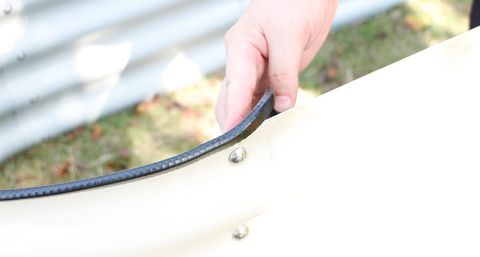
UR is important because unsaturated hydrocarbons can cause plant damage. The higher the percentage, the safer for plants! The dormant oil is usually 50-90%, and the high-quality oil is 92-96%.
JMS Flower Farm has a mineral oil called style oil, with a UR of 99%. It is food grade and can be used as fungicide, pest control or prevention of viruses on plants.
Although these highly refined petroleum products are not from plants, some brands may be suitable for organic gardening.
Other vegetable or vegetable oil types
Vegetable oil comes from plants. Some examples are neem oil, cottonseed oil, soybean oil and sesame oil. These oils may occasionally be listed as high quality or supreme oils, and depending on where they come from and how they are processed, they may also be listed as suitable for organic gardening. Although these oils come from plants, they will still burn plants if used improperly, so you still need to be careful with them.
For specific pests, some oils are better than others, even though they are non selective, so it is wise to keep several kinds of oils for specific insects as needed. As an insect repellent, neem oil is very effective at the larval stage, so even if it is safe to use throughout the year, it is also good to use at the beginning of the year. Soybean oil is beneficial to resist mites, and cottonseed oil is generally considered to be one of the best general vegetarian oils.
Seasonal formula
Some oils work best at certain times of the year. It is important to remember when certain oils can and cannot be used, as incorrect applications can damage your plants.
Dormant oil
Dormant oil spray should be used in winter when there are no leaves on the plant and all growth is temporarily stopped. Nowadays, dormant oil is usually labeled as superior or supreme, but you may occasionally find an older, more viscous formula.
Traditional dormant oil is an ideal choice to kill overwintering pests to prevent spring outbreaks. The dormant oil will kill mature insects that escape the cold, as well as insect eggs that may lay in plants.
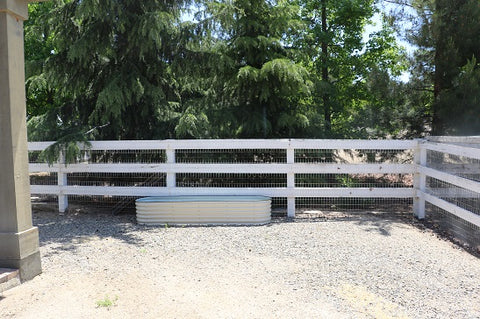
Garden oils do not work at freezing temperatures, so you should use them at least 48 hours before and after freezing. It is best to use them at the beginning or end of winter, when the temperature is cooling or warming and there is no danger of frost. If you use it near spring, you also need to make sure that no buds are about to open, because the buds are sensitive to oil.
Delayed Sleep Oil
The working principle of delayed dormancy oil is similar to that of dormancy oil, but you can use delayed dormancy oil when the buds show up to half an inch of green. However, you need at least 1/16 inch green before starting the application; When the plant is still completely dormant, it is less effective. The viscosity of these oils is slightly lower than that of other dormant oils, but they are not as thin as summer oils.
Summer oil
Summer oil is applied when plants are in full bloom and have all their leaves. It doesn't have to be summer to use it! Summer oils are almost always high quality oils because they are highly refined and thinner, and their lack of viscosity makes them less likely to cause plant damage because they do not stay on plants for a long time.
Since garden oil kills pests by choking them, beneficial insects are at risk because they are more likely to go out during the year when you can use the oil. Be sure to use the pollinator before or after it comes out.
Annual oil products
The year-round oil, also known as all season oil, can be safely used throughout the year as long as the temperature range is appropriate. You still need to take precautions against pollinators, but you don't have to worry about burning your plants.
Azadirachta oil and many high-quality oils are used throughout the year. As the high quality oil has a large category and contains many different kinds, please be sure to read the package label before using it in the garden to ensure that it is safe to use it in the way you intend to use it.
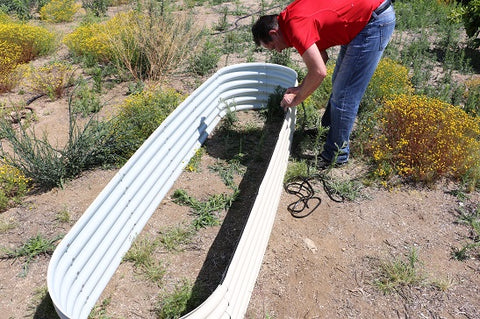
How does it work?
Horticultural oils can control pests and prevent future outbreaks by choking eggs, larvae and adult insects. In fact, horticultural oil works by blocking the breathing holes (blowholes) on both sides of the insect's abdomen. Sometimes, these oil hoods will also destroy their eating habits and interfere with their metabolism. If your pests will not die of hypoxia, this is a benefit. Spraying sprays regularly can destroy the life cycle and eliminate pests such as spider mites, aphids, whiteflies and other insects.
Horticultural oils control viral and fungal infections, such as powdery mildew, in a similar way. Oil traps fungal spores and prevents the spread of disease. The infected leaves can then be removed to prevent further transmission. Many insects are the cause of disease transmission, so getting rid of pests will also slow the spread of viruses.
Unfortunately, oil cannot cure diseases that have affected plants. If you find a disease, remove the infected plants and spray the remaining plants to slow transmission. Early discovery: if you try to get complete coverage when spraying plant tissue, you can simply remove the infected part of the plant and save the rest.
Benefits of using gardening oil spray
There are many benefits to using Garden oil spray in your garden. If you haven't used them yet, you may use them soon!
Perhaps one of the most important benefits of garden oil is that it is generally considered safe and can be used around humans and pets. When you touch it, it will cause irritation, so make sure you do not inhale or eat it, and keep it away from your skin and eyes. The same rules apply to the protection of children and pets. In addition to slight irritation or greasy feeling on the skin, there is no major side effect to worry about.
Gardening oil degrades rapidly, leaving no toxic residues, so you can schedule the application time appropriately to avoid damaging beneficial pollinators. Since oil will cover insects and prevent them from breathing, pests are unlikely to develop resistance to them. If you use chemical pesticides and you notice that insects are beginning to become resistant to your insecticide treatment, try using garden oil instead.
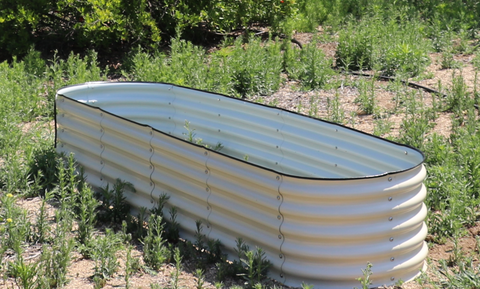
If you prefer to use organic methods to exclude chemicals from your garden, some formulas have been certified by the Organic Materials Review Institute (OMRI) and can be safely used in your garden. Just look for their logo on the packaging.
Gardening oil is relatively cheap. These oils are usually sold as concentrates that can be mixed with water, so the life of a container will be longer than you expect. Besides, you don't need any tools and fancy things except spray!
Pest treatment
In general, garden oil can be used to treat aphids, spiders, whiteflies, scale insects, spider mites, thrips and whiteflies. They can also prevent viral and fungal diseases, such as downy mildew, powdery mildew, leaf spot, rust and other fungi.
Not every oil is suitable for all pests and diseases, so it is better to keep some oil. Azadirachem oil is generally regarded as a good universal choice, because it is effective against many pests due to its nitrogen content (including aphids and mites), and can also prevent fungal infection. Soybean oil is mainly used for mites, but it can also be used for other insects. Many people turned to cottonseed oil to solve most pest problems.
Disadvantages of using garden oil
Like most pest control methods, there are also some shortcomings. The biggest problem is that there are some sensitive plants you can't use these oils. Many trees, such as cedar, maple, redbud, juniper and spruce, cannot be treated with oil due to the damage they may cause. Similarly, certain types of roses cannot be treated with some garden oils. There are some indications that excessive use of horticultural oils may also reduce the fruit setting rate of wine grapes.
Temperature limitation is also a disadvantage. Do not spray oil when the temperature is 90°F (32.2°C) or below freezing point. If you apply oil to the leaves when the temperature is too high, you can burn the leaves of almost any plant. If the damage is serious, it may kill them.
It is important to avoid applying horticultural spray oil to drought stressed plants. For drought stressed plants, they have been under great pressure, and the possibility of increasing heat damage on the plant surface may become a major problem. Similarly, if your plant shows any signs of withered leaves, please avoid using it during this period, because it will cause phytotoxicity to the plant, thus causing damage to the weakened leaves.
Horticultural oils are effective only when wet. Once they dry, they no longer kill pests. You must constantly apply the product to plants to control huge intrusions. Remember, these oils can harm beneficial insects, so be careful when spraying!
How to use it in the garden
Applying gardening oil spray is super easy! Most oils are sold as concentrates and should be mixed with water before use. Mix some oil with water in a spray. The package label will tell you what proportion to use, and you can adjust it according to how much water you have.
After preparing the spray, spray the sprayer onto the plants. Get the top and bottom of all leaves, as well as the stems. If possible, avoid flowering to prevent possible harm to butterflies and bees. Make sure to shake the spray regularly to ensure that the spray solution is well mixed and the oil is evenly distributed throughout the water.
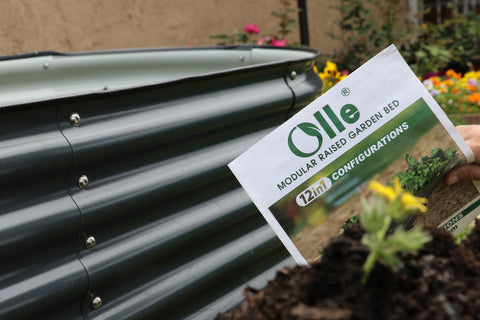
The best application time is in the morning or evening, when the pollinator does not come out, so you can avoid accidental injury to them. Choose a time of day for petroleum applications that is not below freezing or above 90°F (32.2°C), and make sure it is free of wind, so it does not fall on sensitive plants.
Please read the label carefully to avoid accidental injury to your plant.
Q: When should I spray garden oil?
A: Spray oil in the morning or evening when the pollinator is not out. Some oils can only be used at specific points in the year. The dormant oil is suitable for plants that are bald and have no leaves, while the summer oil is used for all leaves of plants.
Q: How often can you spray garden oil?
Answer: As long as there is pest infestation, you can apply gardening oil once a week.
Q: Can I spray garden oil in summer?
Answer: Summer oil can be sprayed when all leaves of plants are in summer. Other high-quality oils should also be OK, but be sure to read the label before applying.
